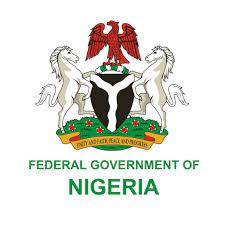The Federal Government is set to allocate a substantial portion of its proposed 2024 budget to personnel and debt service costs, accounting for 61.63% of the total budget, according to reliable sources.
This allocation entails significant expenses, with personnel and pension costs amounting to N7.78tn and debt service costs reaching N8.25tn, collectively making up N16.03tn out of the N26.01tn 2024 budget.
It is noteworthy that the government is slated to allocate more funds to debt servicing than to paying salaries and pensions for its workforce. Furthermore, the allocation for personnel and pension costs is projected to increase from N5.87tn in 2023 to N7.78tn in the 2024 budget, reflecting an increment of N1.91tn, which translates to a 32.54% surge. These figures have raised concerns regarding the ongoing efforts to reduce the cost of governance.
The debt service cost is also witnessing substantial growth, with an anticipated 30.74% increase from N6.31tn in 2023 to N8.25tn by 2024. This trajectory aligns with previous concerns expressed by the World Bank in June 2023. The international institution pointed out that the Federal Government’s expenditure on personnel costs and debt servicing had surpassed its total revenue in 2022, marking the first time this had occurred. The World Bank further noted that this situation had weakened the government’s capacity to invest in capital expenditures.
These developments underscore the growing importance of achieving fiscal sustainability and optimizing the allocation of resources in the 2024 budget. Stakeholders will closely monitor how the government addresses these financial challenges and balances its budgetary commitments.















